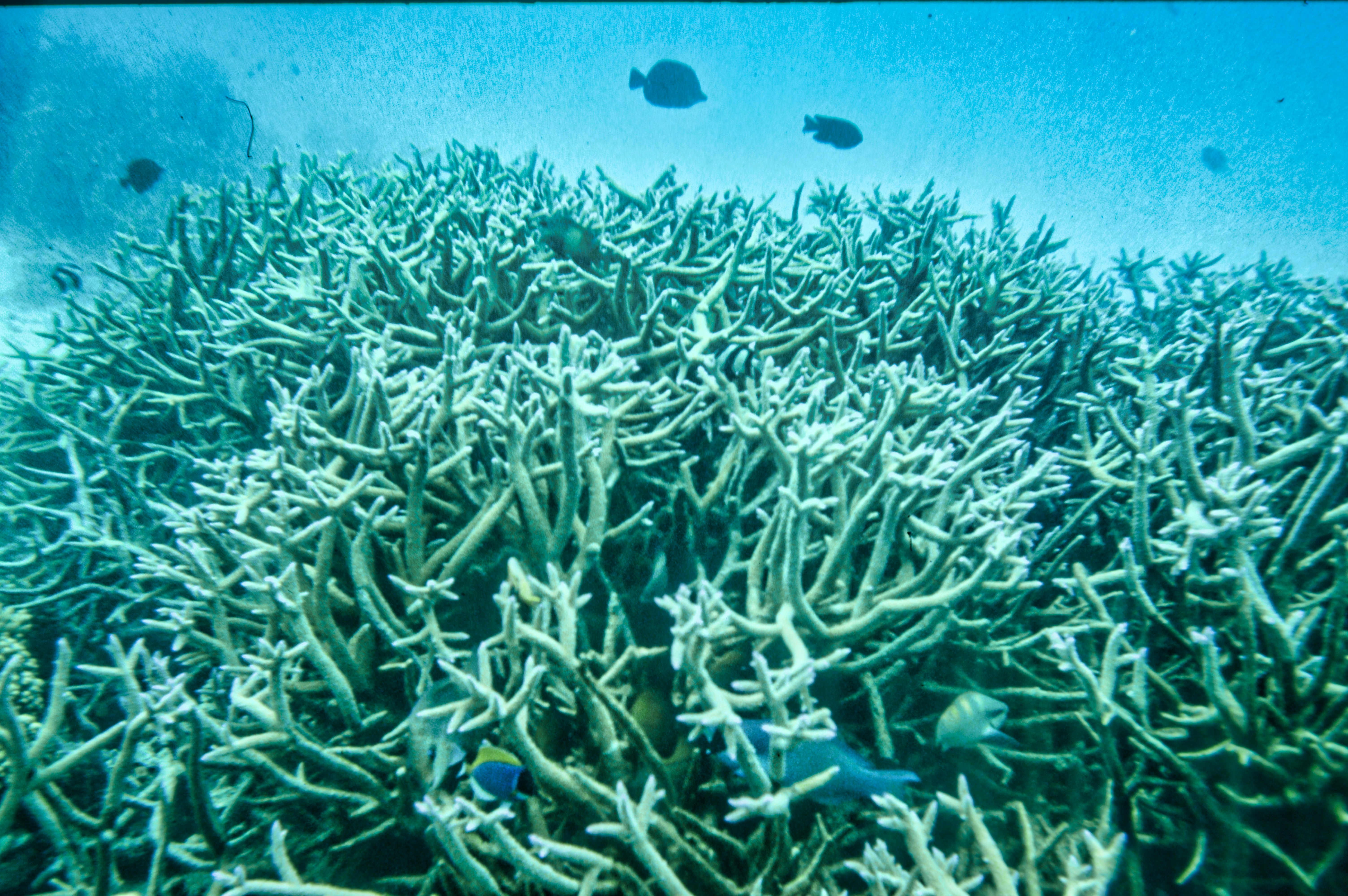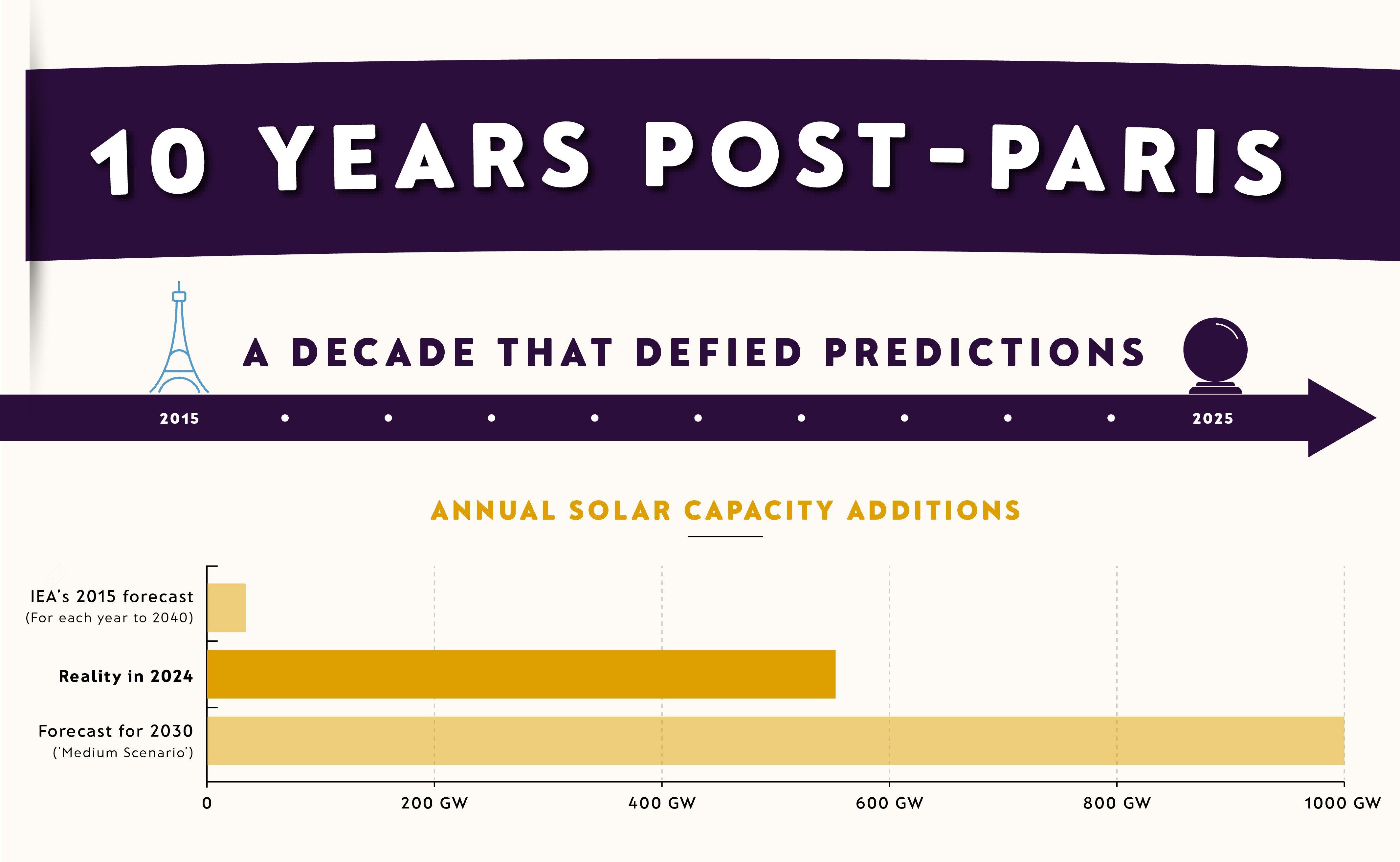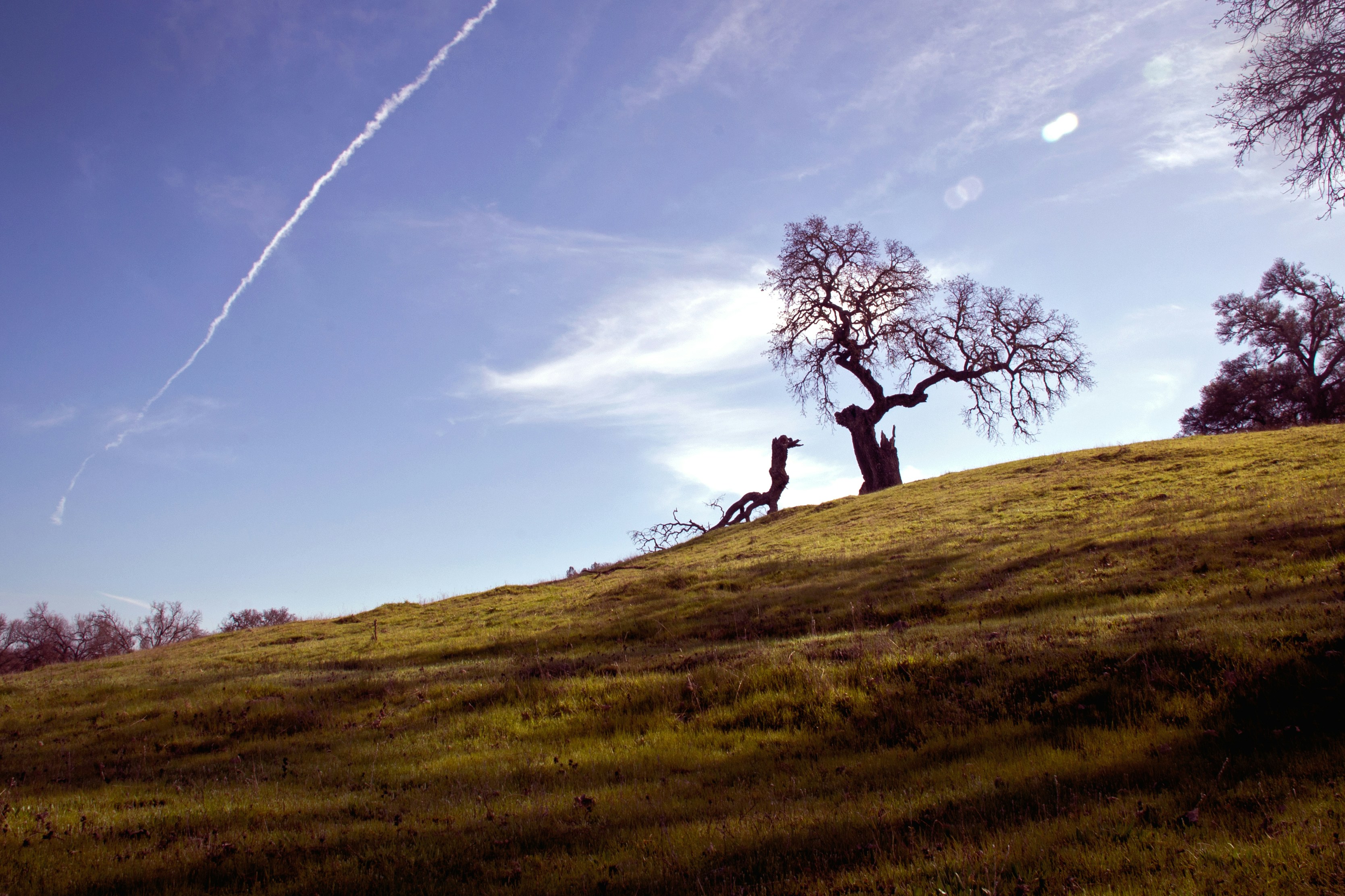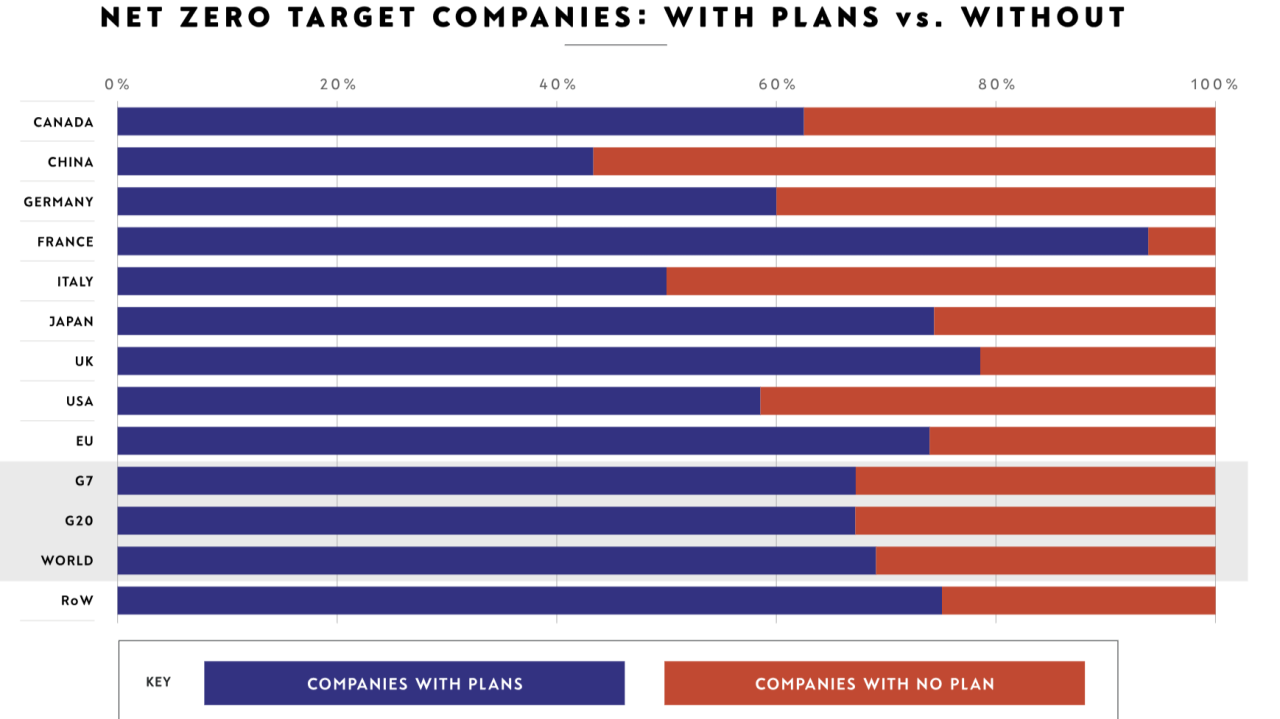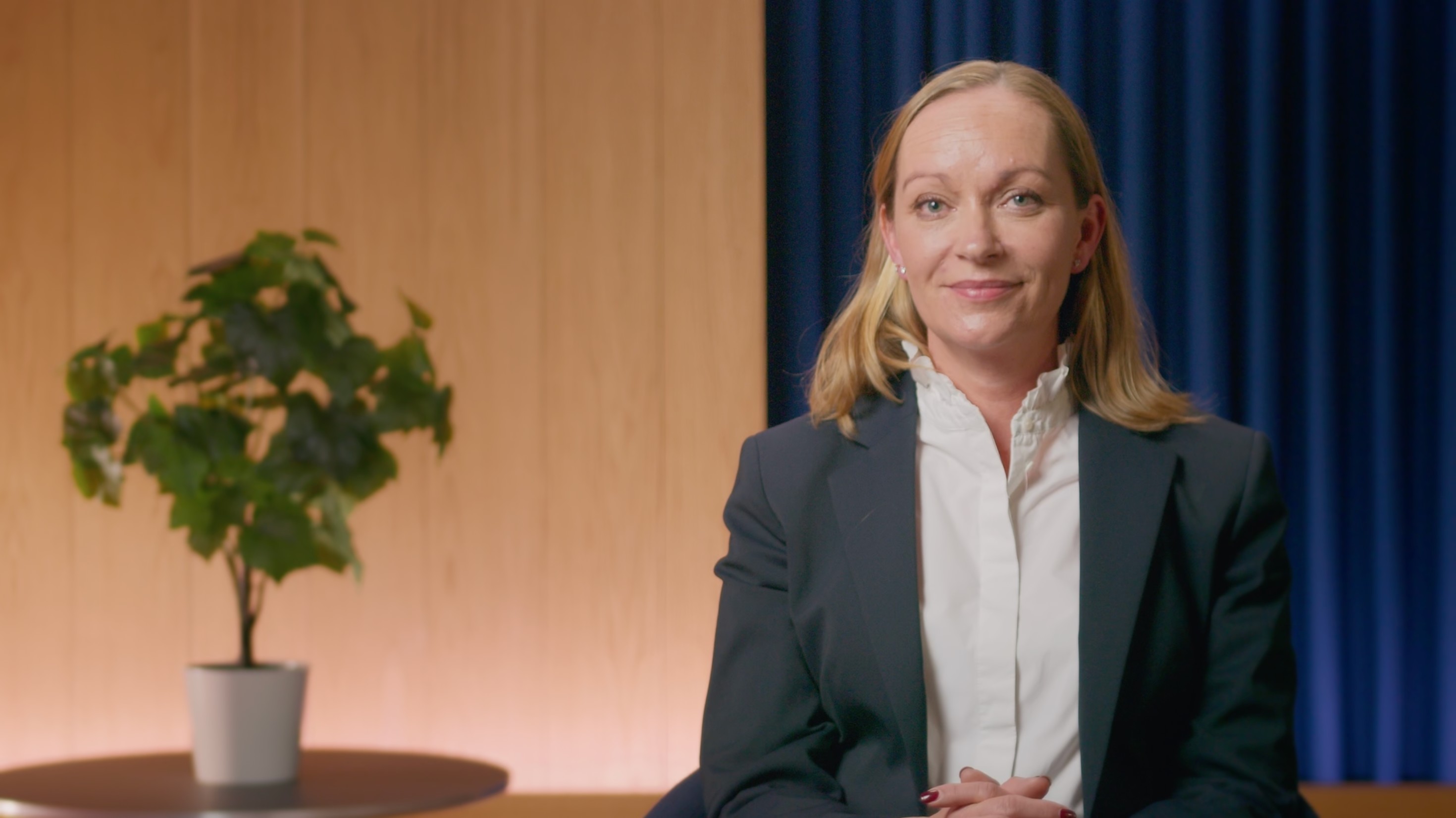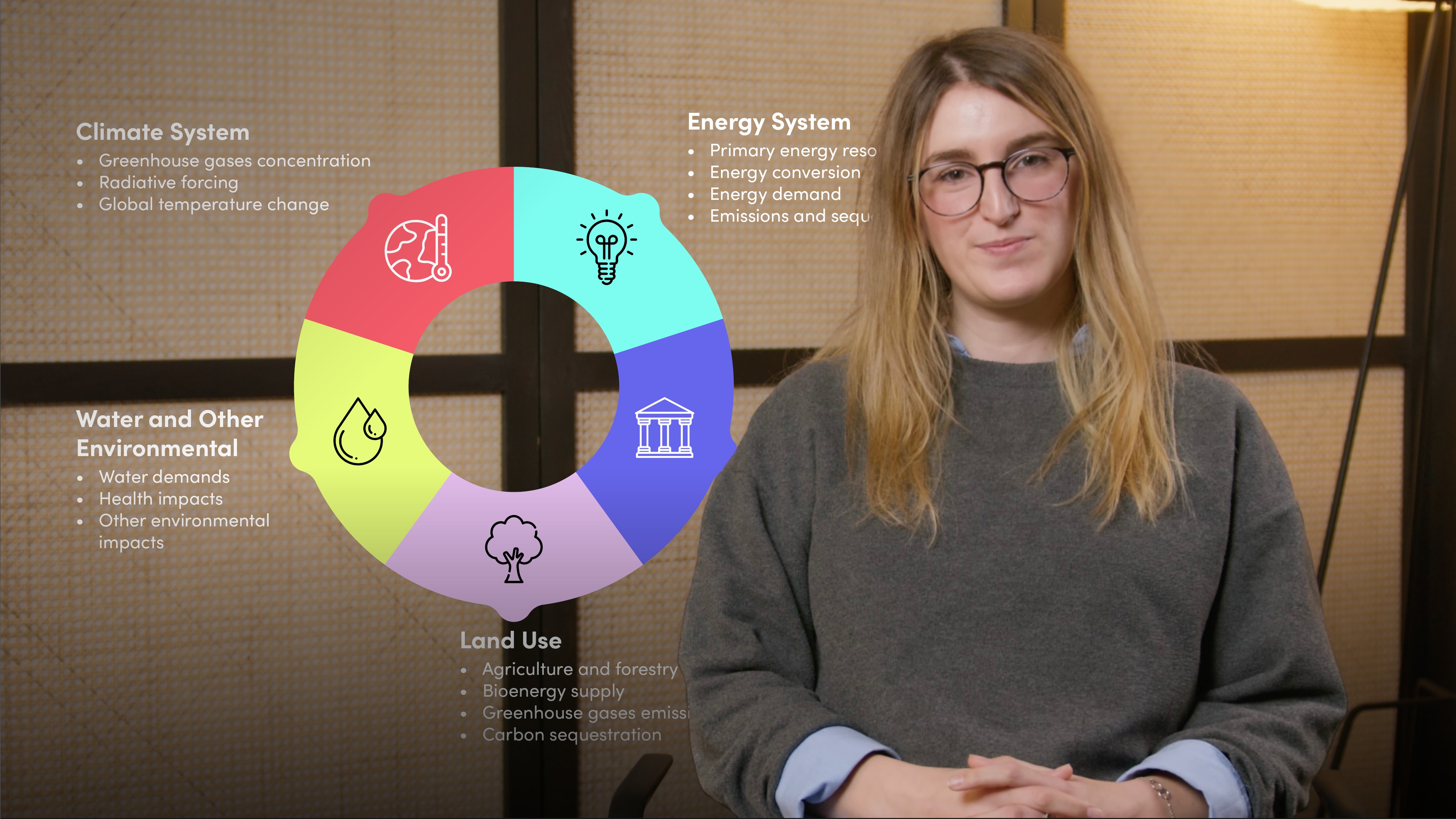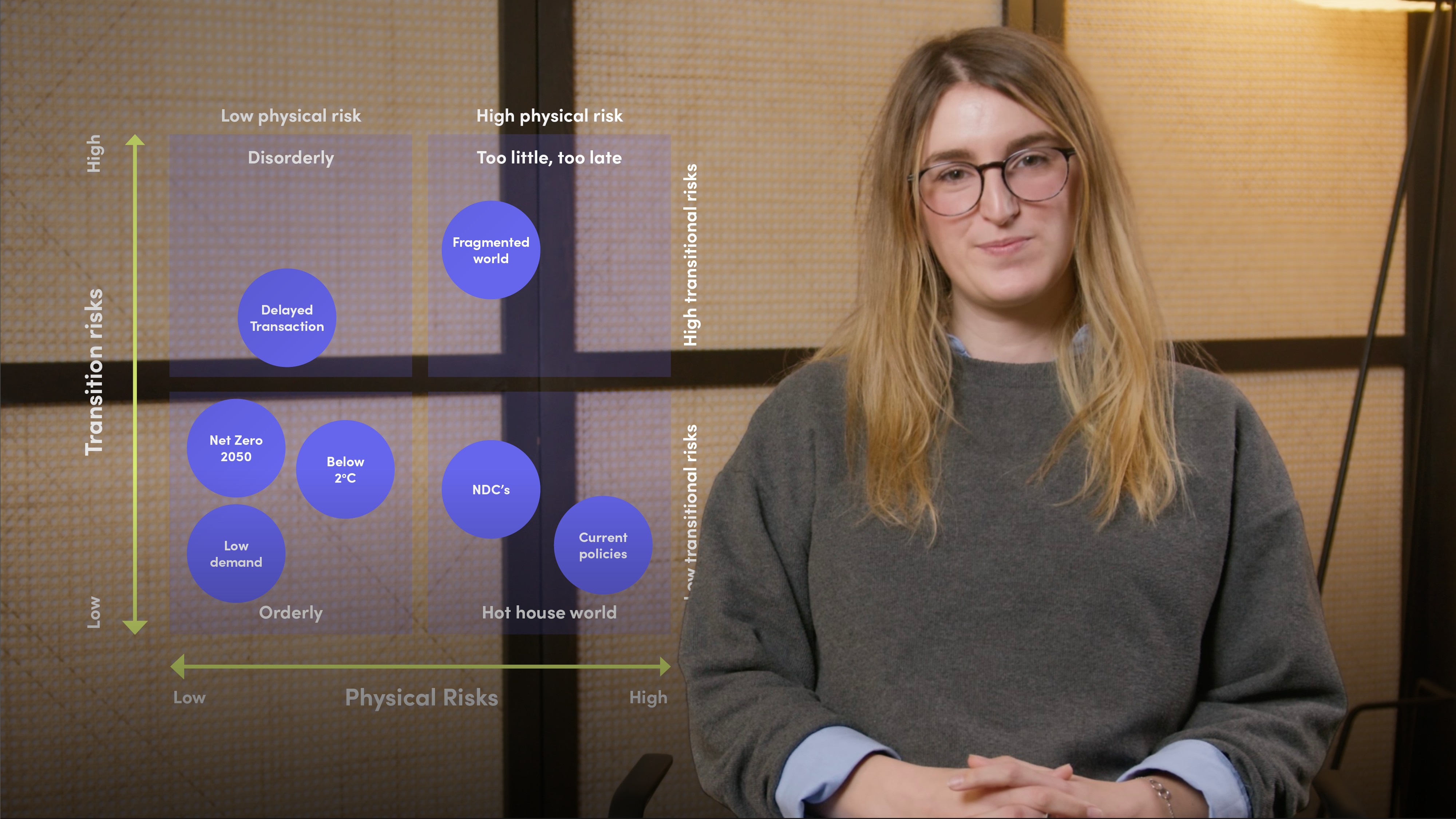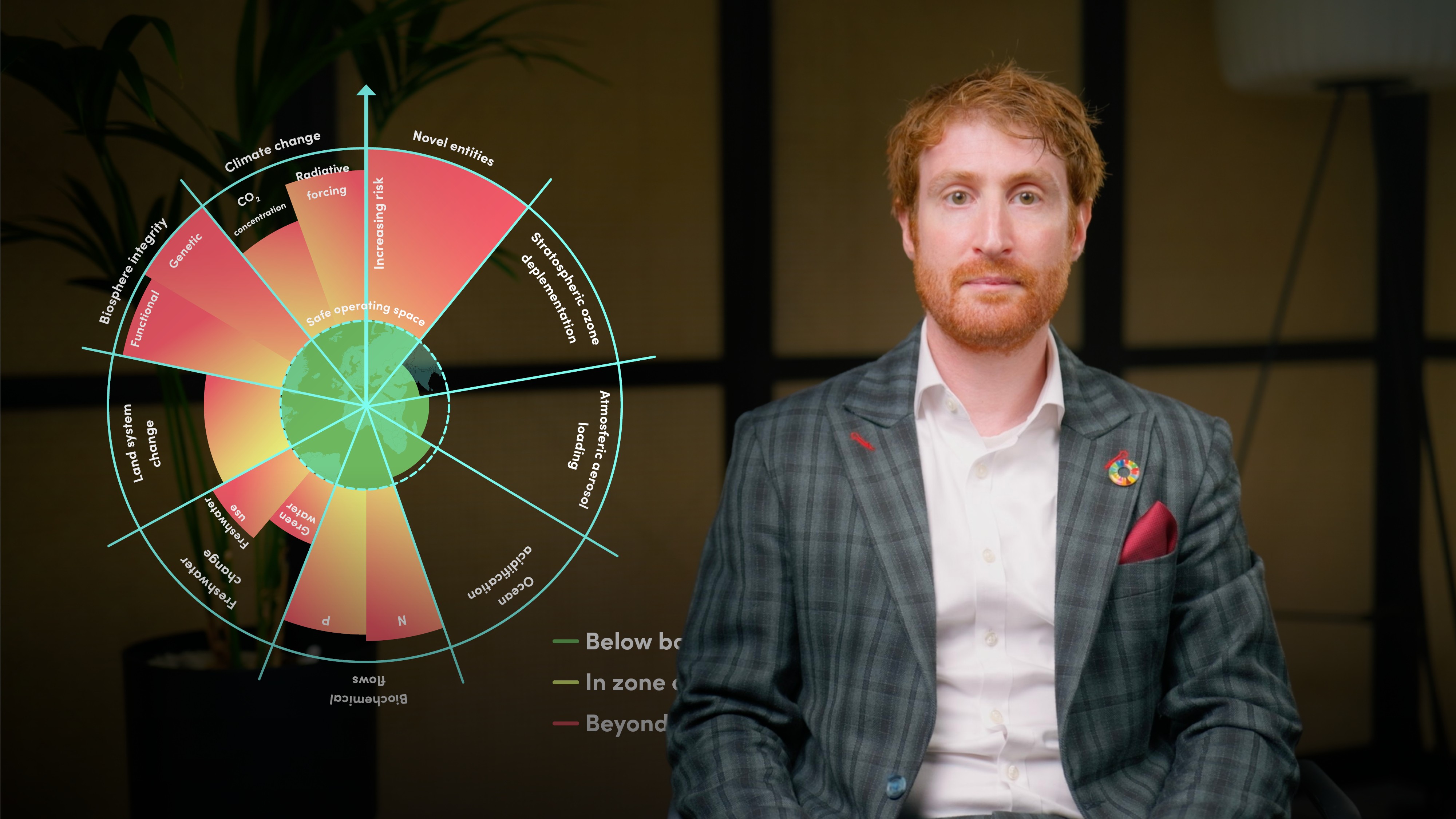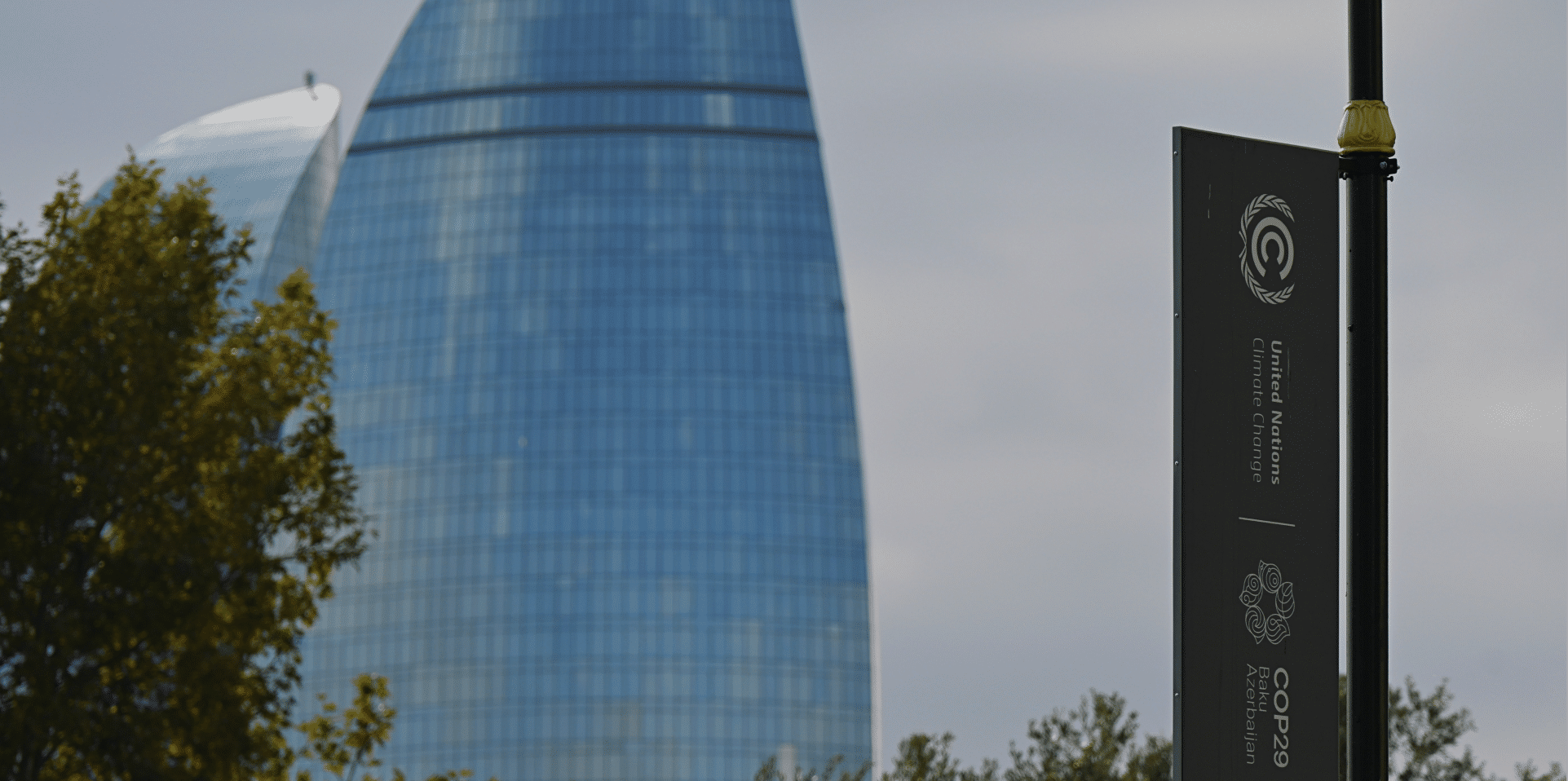
COP: What is it and why is it important?

Prasad Gollakota
20 years: Capital markets & banking
One of the most important events in the sustainability sector is the annual Conference of the Parties (COP).

What is COP?
Amongst the many sustainability acronyms, ‘COP’ is one everyone should be familiar with.
The acronym stands for Conference of the Parties. The annual ‘conference’ is organised by the UNFCCC (UN Framework Convention on Climate Change) and is essentially a series of meetings to discuss and negotiate actions to combat climate change. The ‘parties’ are representatives from every member country of the UN, and the cornerstone of COP is its inclusivity; every member country has a voice, and decisions are generally made by consensus.
The UNFCCC and COP are nearly the same age; the UN’s specific focus on stabilising greenhouse gas emissions in the atmosphere first occurred in 1992 during the Earth Summit in Rio De Janeiro, at which time the UNFCCC was established. And the first COP took place shortly thereafter, in Berlin in 1995.
Over the years, these conferences have witnessed key milestones, including the adoption of the Kyoto Protocol in 1997 (COP 3), which set binding emissions reduction targets for developed countries, and the landmark Paris Agreement in 2015 (COP 21), which marked the beginning of the global push towards Net Zero emissions.
What do they talk about at COP?
The central theme at COP is collective action to combat climate change. General topics include setting and revising emissions reduction targets, advancing renewable energy solutions, allocating climate finance to support developing nations, and addressing issues of adaptation and resilience.
Delegates also share updates on their Nationally Determined Contributions (NDCs). The NDCs are each country's climate action plan, and outline the actions a country intends to take to reduce emissions and adapt to the impacts of climate change. Various transparency and accountability mechanisms help monitor and assess the progress of each country toward achieving its climate goals.
Other important topics discussed at COP include deforestation, biodiversity loss, a just transition, and the social and economic impacts of climate change.
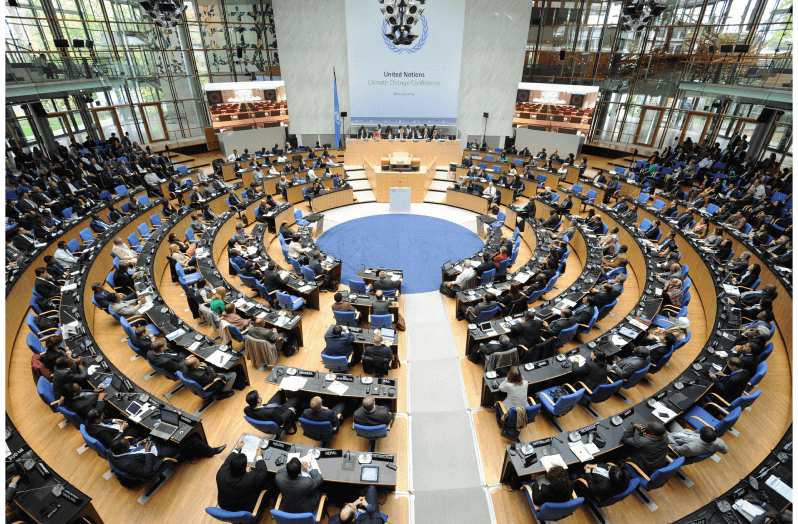
Why is COP important to EVERYONE?
COP is important for the following key reasons.
Foremost Global Collaboration to Mitigate Climate Change
COP is at the forefront of global efforts to combat climate change. Given climate change is a global challenge that transcends borders, global cooperation and solidarity is essential in order to tackle this. COP encourages a collaborative approach to finding solutions that benefit all countries, particularly those most vulnerable to the impacts of climate change.
Setting International Standards
COP provides a forum for countries to negotiate and agree upon international standards and commitments for addressing climate change. The agreements reached at these conferences set the tone for global climate action and provide a framework for countries to align their efforts. The outcomes of COP discussions influence environmental regulations, energy sources, and the overall sustainability of our societies.
Mobilising Climate Finance to Protect Vulnerable Communities
Climate change disproportionately affects vulnerable communities, exacerbating issues such as food insecurity, water scarcity, and extreme weather events. A just transition seeks to ensure that the benefits of a green transition are spread equally, and that efforts to green the economy are fair and inclusive. Adequate funding is therefore crucial for both mitigating climate change and helping countries adapt to its effects. COP seeks to play a pivotal role in mobilising climate finance, facilitating discussions on financial mechanisms, and encouraging developed countries to fulfill their commitments to support developing nations in their climate efforts.
Raising Ambition
There is a growing recognition that current actions are insufficient. COP serves as a platform to collectively raise ambition, urging countries to set more ambitious targets and take more decisive actions to limit global temperature rise. COP provides a structured and inclusive platform for nations to review and strengthen their NDCs, ensuring that global efforts remain aligned with the latest scientific findings.
Innovation and Technology
COP discussions often involve the promotion of green technologies and innovations. Awareness of these developments is vital for individuals, businesses, and governments looking to stay abreast of advancements that can contribute to a more sustainable future and potentially drive economic growth.
Recap
In essence, COP is not just an acronym; it symbolises a commitment to a shared destiny. It navigates the complexities of climate change, ensuring that the decisions made within its chambers resonate with every individual, community, and nation on the planet. As the world grapples with the urgency of climate change, COP remains a beacon of hope, emphasising the shared responsibility we all have in tackling this challenge.

Prasad Gollakota
Share "COP: What is it and why is it important?" on





























